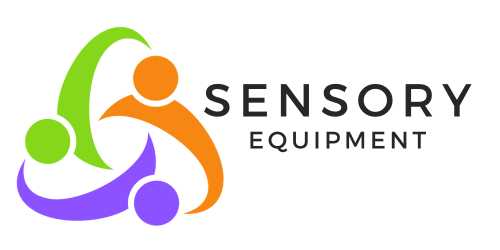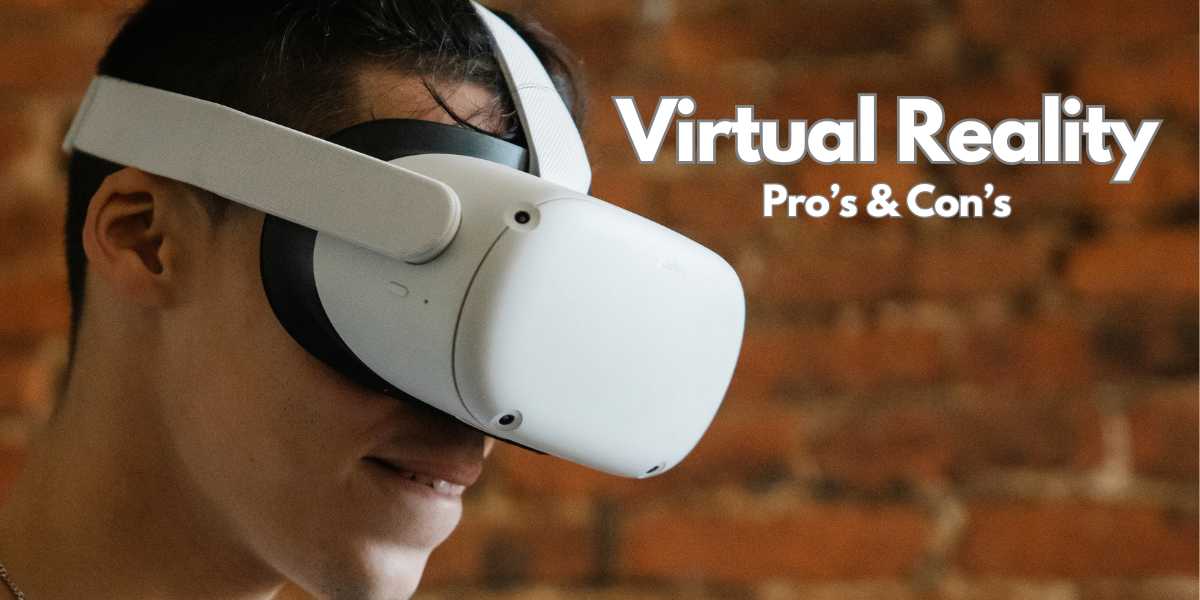Virtual Reality (VR) technology has made significant strides in various fields, including healthcare. Among its applications, the use of VR headsets as sensory tools for individuals with complex needs has garnered attention. While these devices offer promising benefits, they also come with challenges and considerations that must be carefully weighed.
Pros:
- Sensory Stimulation and Engagement:
VR headsets provide a unique and immersive sensory experience. For individuals with complex needs, such as those with autism spectrum disorders or sensory processing disorders, VR can offer controlled and customisable sensory stimulation. This engagement can contribute to improved focus, attention, and overall sensory integration. - Therapeutic Applications:
VR technology has been successfully employed in therapeutic interventions for various conditions. From exposure therapy for individuals with anxiety disorders to simulated environments for those with mobility challenges, VR can create tailored experiences to address specific needs. This opens up new possibilities for rehabilitation and therapeutic interventions. - Personalised Learning Environments:
Individuals with complex needs often require personalised learning environments. VR allows educators and therapists to create customised scenarios and simulations, adapting to the unique sensory preferences and challenges of each individual. This can enhance the learning experience and promote skill development in a controlled and supportive setting.
Cons:
- Overstimulation and Discomfort:
While VR can provide controlled sensory input, it can also lead to over-stimulation for some individuals. The immersive nature of virtual environments may be overwhelming, causing discomfort or sensory fatigue. Careful consideration and customisation of VR experiences are essential to avoid adverse reactions. - Accessibility and Adaptability:
VR technology may not be universally accessible, especially for individuals with physical disabilities. The physical aspects of wearing a headset, navigating virtual spaces, or using handheld controllers can pose challenges for those with mobility issues. Ensuring the adaptability of VR tools to diverse needs is crucial. - Ethical Concerns and Safety:
The use of VR in therapeutic settings raises ethical considerations, particularly concerning privacy and data security. Additionally, the potential for addiction or dependence on VR experiences should be monitored, as excessive use may have unintended consequences. Establishing guidelines and safeguards is essential to address these concerns.
Conclusion:
The use of VR headsets as sensory tools for individuals with complex needs presents both exciting possibilities and challenges. While the immersive experiences can offer tailored therapeutic interventions and personalised learning environments, careful consideration must be given to potential over stimulation, accessibility issues, and ethical concerns. As technology continues to evolve, striking a balance between the benefits and risks will be essential to harness the full potential of VR for individuals with complex needs.








